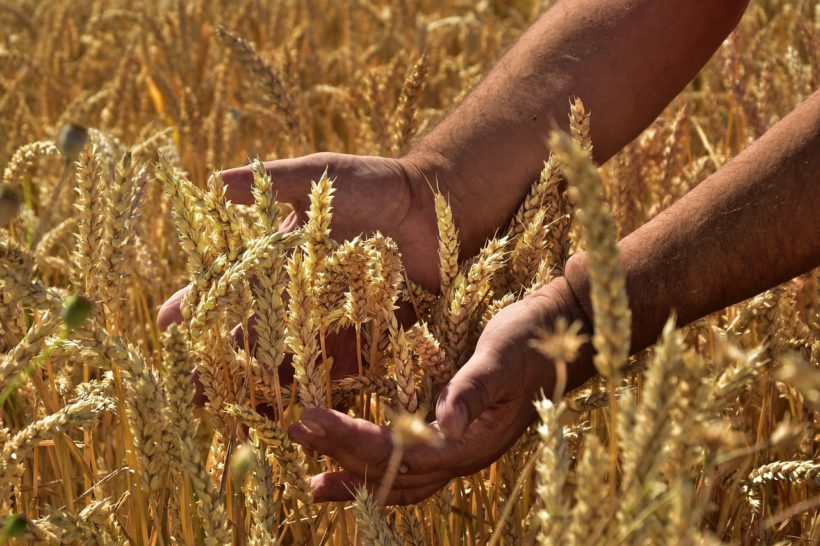The Christian Churches have undoubtedly been in a crisis for quite a while. Headlines on sexual assaults, corruption, and/or abuse of power seem to not want to end, especially in Germany. The same applies simultaneously and particularly in the 21st century to the internal disputes that are not always understandable, internal disputes about core issues of the Christian doctrine that were perhaps misinterpreted from the start. Who does not feel prone to questioning the institution of the church considering those grave accusations? Who, particularly victims, may not want to detach him or herself from this completely?
Even though those issues are all fairly criticized and shall not be downplayed with this article as the church does need to change, I will present another, very often forgotten face of this institution today. I want to lend my voice to Andrea Speranza, whose valuable work as a campaigner for the Catholic Agency for Overseas Development (CAFOD) completely disappears besides those negative headlines.
What exactly is and what does CAFOD do?
CAFOD is an international development charity and the official aid agency of the Catholic Church in England and Wales. We reach out to people living in poverty and offer practical help, whatever their religion or culture. Through our global church network, one of the largest in the world, we currently operate in 35 countries. CAFOD also works to challenge the structural causes that drive inequality, injustice and poverty. Part of this work is done through our campaigns on a variety of issues relating to global justice.
This sounds incredibly interesting. Currently, CAFOD is engaged with the Fix the food system Campaign. Why does the food system need to be fixed in the first place?
Despite the fact that our planet has more than enough food, approximately 811 million people are going hungry while at the same time 1.3 billion tons of food are thrown away globally. In addition to this, the current food system is responsible for around a third of global greenhouse gases. These figures clearly indicate that the way we grow, process, transport, and consume food is not working.
What other consequences does this imply?
Damaging fertilizers and excessive deforestation in order to obtain new agricultural land to grow crops for export have tremendous consequences for local communities and the climate crisis. For instance, forests are cut or burnt down to make huge areas available for the growing of crops for export rather than to satisfy the needs of the local population, and in many cases, this leads to the displacement of indigenous communities.
Moreover, large-scale commercial agriculture has led to an unhealthy power imbalance between a few influential multinational businesses and local communities in the Global South. For example, despite the fact that small farmers are responsible for producing a significant amount of the world’s food, their ability to make their own decisions on when, how, and what is grown is very limited.
Furthermore, the current global food system is not resilient enough for this era of the climate crisis. We are all witnessing another food crisis currently, which is exacerbated by the war in Ukraine. This is the third global food crisis within the last 15 years, clearly showing the inability of the system to properly cope with external shocks.
How exactly does CAFOD´s Fix the food system Campaign tackle this?
During the first phase of the campaign, we aim to raise more awareness about aspects of the current food system that are not working and to support alternative food systems which enable local communities in the Global South to have control over their livelihoods. Some of the partners who work with CAFOD are already implementing these alternatives with positive results.
CAFOD has compiled a guide called A Seven Station Journey that can be downloaded from our website to be used by local groups. People can read the guide together and go through the different ‘stations,’ each of them addressing different issues. As part of this campaign, we have also launched an online action calling on the UK Foreign Minister to act on their promises during the COP26 summit and to support agricultural systems that are good for people and the planet. UK residents can support the campaign by visiting cafod.org.uk/fixfood and emailing the Foreign Secretary.
How the world organizes the global provision of food is something that concerns everyone; fixing the current global food system and making it work for everyone, including the generations to come, may sound like an overwhelming and impossible task. Yet we should not underestimate the power of small actions and numbers. As Pope Francis says, “Each of us has a role to play in transforming food systems for the benefit of people and the planet.”










